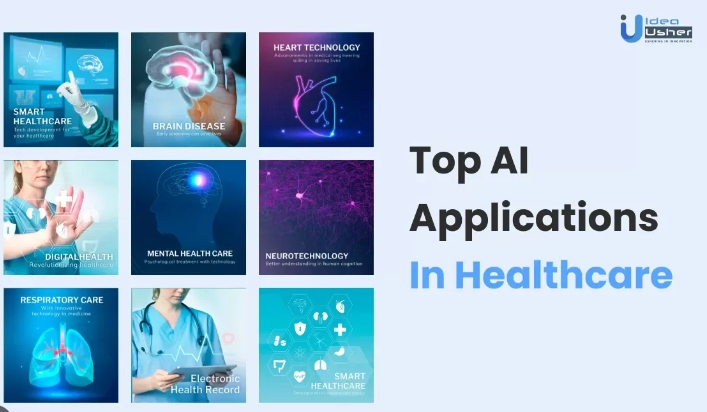Revolutionizing Healthcare: How Artificial Intelligence is Transforming Diagnosis and Treatment
Artificial intelligence (AI) has been making waves across various industries, and healthcare is no exception. With its ability to process and analyze vast amounts of data quickly and accurately, AI is revolutionizing the way healthcare professionals diagnose and treat patients.
Enhanced Diagnosis
AI technology can analyze medical images, such as X-rays and MRIs, with incredible accuracy. By training algorithms on large datasets of images, AI can identify patterns and anomalies that may not be visible to the human eye. This can lead to earlier and more accurate diagnoses, improving patient outcomes.
Personalized Treatment Plans
AI can also help healthcare providers create personalized treatment plans for patients. By analyzing a patient’s medical history, genetic makeup, and lifestyle factors, AI can recommend the most effective treatment options. This personalized approach can lead to better outcomes and reduced healthcare costs.
Predictive Analytics
One of the most exciting applications of AI in healthcare is predictive analytics. By analyzing data from electronic health records, wearable devices, and other sources, AI can identify patterns and trends that may indicate the risk of certain health conditions. This allows healthcare providers to intervene early and prevent diseases before they progress.
Remote Monitoring
AI-powered devices and apps are enabling patients to monitor their health from the comfort of their own homes. These tools can track vital signs, medication adherence, and other health metrics, alerting healthcare providers to any potential issues. This remote monitoring can improve patient outcomes and reduce the need for frequent hospital visits.
Challenges and Opportunities
While AI holds great promise for transforming healthcare, there are also challenges to consider. Issues such as data privacy, regulatory hurdles, and ethical concerns must be carefully addressed. Additionally, healthcare providers must be properly trained to use AI tools effectively.
Despite these challenges, the potential benefits of AI in healthcare are immense. By harnessing the power of artificial intelligence, healthcare professionals can provide better, more efficient care to patients, ultimately improving the overall quality of healthcare.

